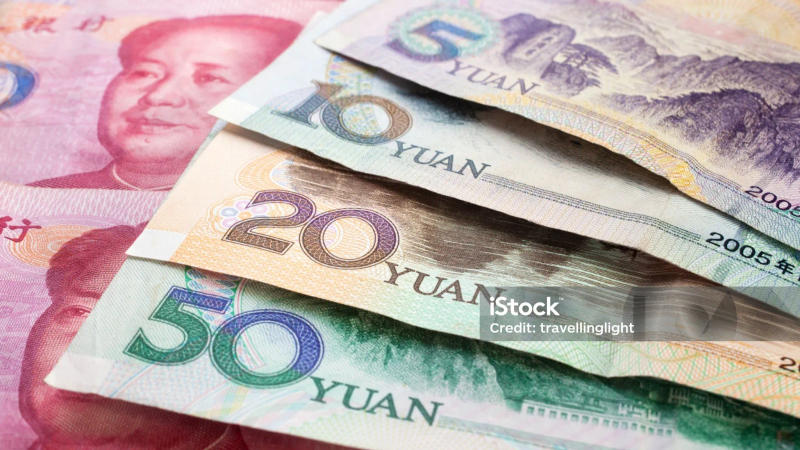Published 13:21 IST, January 19th 2024
Asian currencies log weekly loss on diminishing expectations of rate cut
The Taiwan dollar saw its most significant daily gain since late December, appreciating by 0.5 per cent

Asian currencies faced downward pressure against the US dollar throughout the week, with positive economic indicators diminishing expectations of a US Federal Reserve rate cut in March. This trend strengthened the greenback across the region. In Taiwan, however, there was a notable exception as the currency and stocks experienced a boost from a risk-on rally led by Taiwan Semiconductor Manufacturing (TSMC), the world's largest contract chipmaker, on Friday.
The Taiwan dollar saw its most significant daily gain since late December, appreciating by 0.5 per cent, while the main stocks index marked its best day since early November with a 2.6 per cent rise, driven by a 6 per cent surge in TSMC shares. Despite these gains, the Taiwan dollar was on course to register a nearly 1 per cent loss for the week, marking its third consecutive week in negative territory due to post-election turbulence and geopolitical tensions with China earlier in the week.
Analysts at Bank of Singapore noted that concerns about geopolitical risks in Northeast Asia may ease, providing relief for the Taiwan dollar, especially as China's response to the Taiwan election result has been measured. The market is expected to refocus on fundamental factors, including a positive outlook for the semiconductor industry and lower global yields, potentially attracting foreign flows and supporting the Taiwan dollar over the medium term.
Meanwhile, the South Korean won experienced a temporary 0.5 per cent gain earlier in the week but ultimately ended flat, with a nearly 2 per cent loss for the week. Stocks in Seoul saw a surge of up to 1.6 per cent for the day but were heading for their third consecutive weekly loss of over 2 per cent.
In Singapore, the dollar gained slightly, and shares advanced by 0.5 per cent. However, other regional currencies, including the Indonesian rupiah, Thai baht, Malaysian ringgit, and the Indian rupee, faced declines and were poised to end the week in negative territory. Equities in Thailand, Malaysia, and India recorded gains ranging from 0.4 per cent to 0.7 per cent, while Indonesian stocks remained largely flat. Most regional benchmark indexes posted weekly losses.
Additionally, advance estimates indicated that the Malaysian economy likely achieved faster growth in the December quarter compared to the prior three months, with annual growth expected at 3.8 per cent, slightly below the government's projection of a 4 per cent expansion. Looking ahead, Bank Negara Malaysia is set to convene for its first meeting of the year to discuss monetary policy, with analysts widely anticipating that the central bank will maintain its policy rate unchanged.
(With Reuters inputs)
Updated 13:21 IST, January 19th 2024




